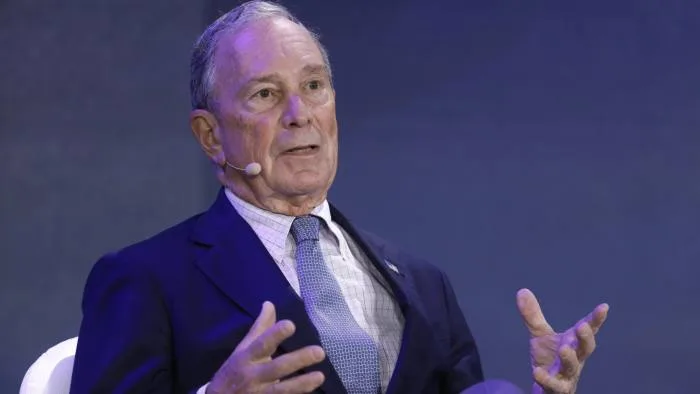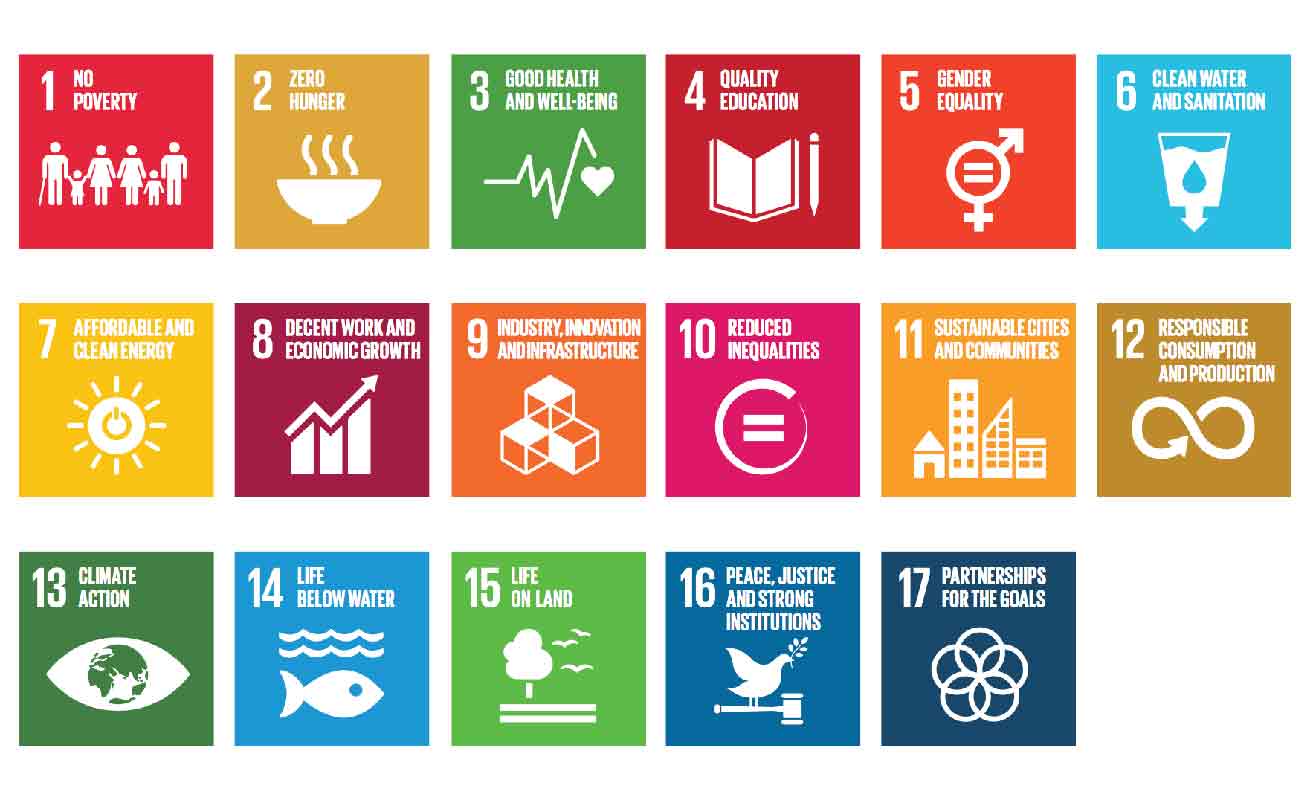- Resources
- News
-
-
Get Email Updates
Sign up for STOP's newsletter and never miss an update on our latest work and the tobacco industry's activity.
-
Get Funding
Ready to tackle industry interference? You could be eligible for a grant.
-
Share a Tip
Do you have information on tobacco industry misconduct in your country? Let us know.
-
Get Email Updates

Michael Bloomberg-backed initiative launches online database of companies promoting tobacco
Alice Hancock in London JULY 25, 2019
Read original article in Financial Times
***
An online platform naming companies that help to promote the tobacco industry is the latest effort from a $20m initiative funded by the US billionaire Michael Bloomberg to counter tobacco industry tactics.
The online database, launched on Thursday, was compiled by Stopping Tobacco Organisations and Products, the first globally co-ordinated tobacco industry campaign group. It lists companies, think tanks and other organisations that Stop believes promote the tobacco industry without necessarily acknowledging their links to the sector, according to the researchers.
“Tobacco companies are so untrustworthy that they need other organisations to carry their messages to policymakers and consumers,” said Anna Gilmore, director of the Tobacco Control Research Group at the University of Bath, which has partnered with Stop. “This new database exposes these relationships so that governments and advocates don’t get tricked into believing those messages are credible.”
Tobacco companies are trying to shift towards alternative products such as e-cigarettes as the number of smokers decline in the west. But campaigners have accused them of being contradictory in their messages because the vast majority of their profits still come from tobacco sales.
Data from Nielsen, the research company, shows that in the UK the number of cigarettes sold in the year to July 13 fell by 2.3bn compared with the same period the year before. In the US, Nielsen said that cigarette volumes fell 9.8 per cent in the four weeks to July 13.
“We cannot stand by as the industry misleads the public in an effort to get more people hooked on its products” – Michael Bloomberg
Stop was launched last year with $20m of funding from Mr Bloomberg, who has put almost $1bn towards efforts against tobacco smoking since 2007. In a statement, Mr Bloomberg said that the watchdog would hold the industry accountable.
“We cannot stand by as the industry misleads the public in an effort to get more people hooked on its products,” he said.
Philip Morris said that it worked with think-tanks around the world and that it required its partners to be transparent about their links with the company.
“Unfortunately, there are some NGOs that don’t want to talk about better solutions for adult smokers; instead, they want to shut down any open dialogue on this critical social issue,” it said.
The launch of the Stop database comes in the same week that British American Tobacco and Philip Morris International’s parent companies were named as defendants in a public health case in Brazil, the biggest market for tobacco products in Latin America.
It follows a landmark case in Canada in March, in which the Quebec Court of Appeal upheld a 2015 decision to award C$15.6bn ($11.7bn) in damages against subsidiaries of BAT and Philip Morris as well as Japan Tobacco to compensate smokers for health problems.
In its latest annual report, Philip Morris said that “damages claimed in some tobacco-related litigation are significant and, in certain cases in Brazil, Canada, Israel and Nigeria, range into the billions of US dollars”.
BAT said that it was aware of the lawsuit filed in Brazil and that it would be “vigorously defended by BAT as and when it is formally served with proceedings”.


